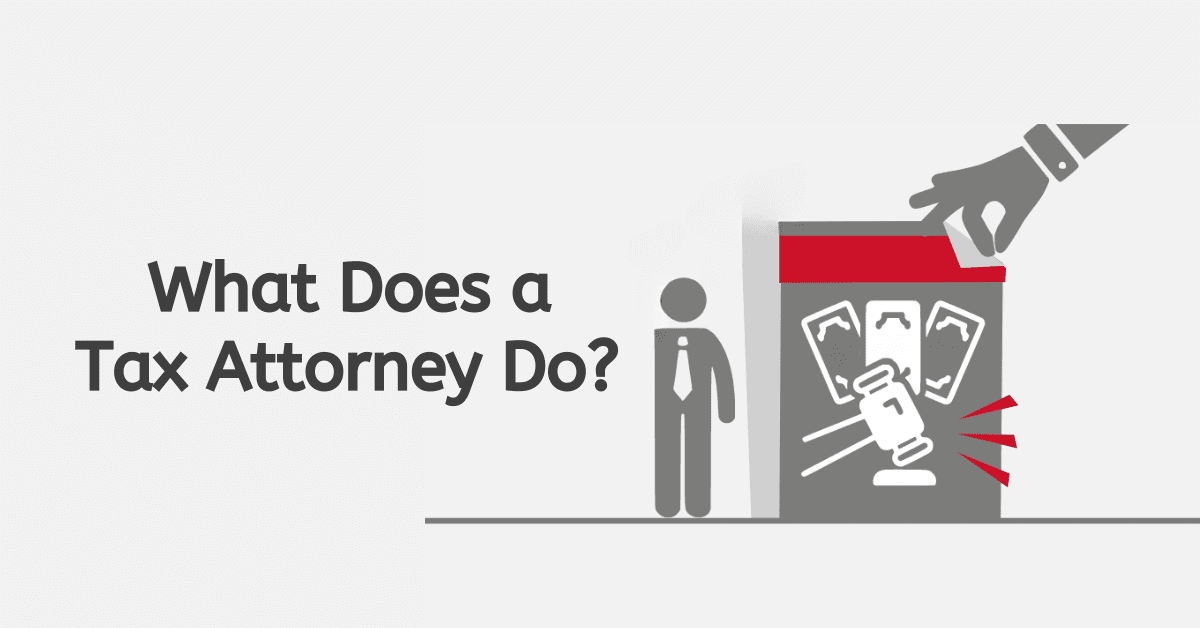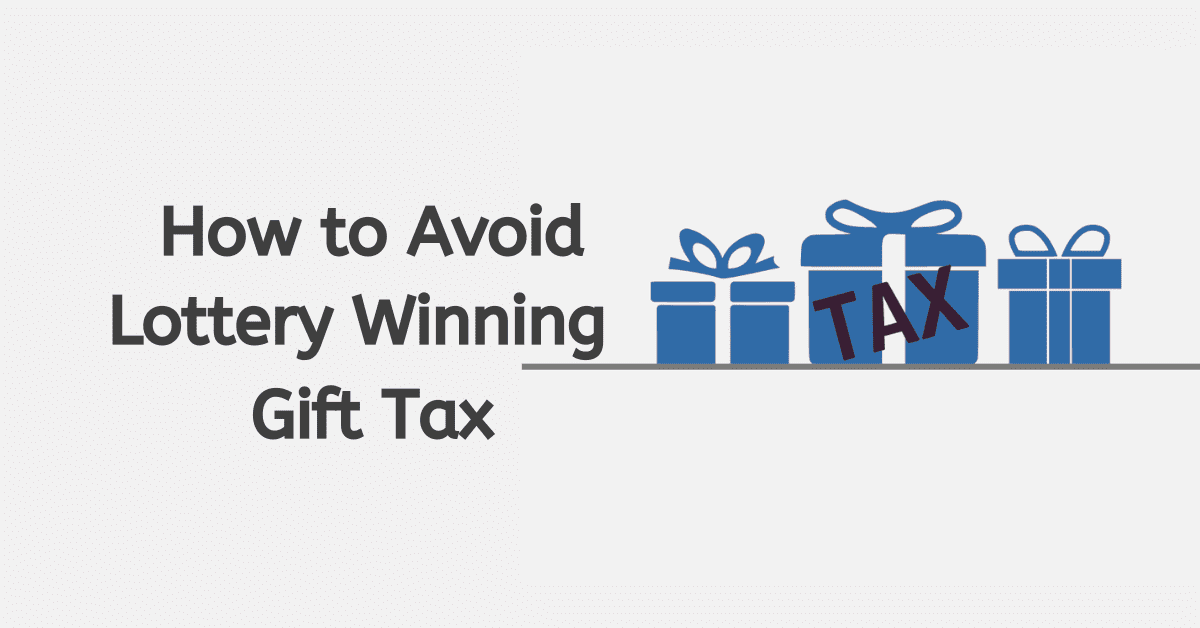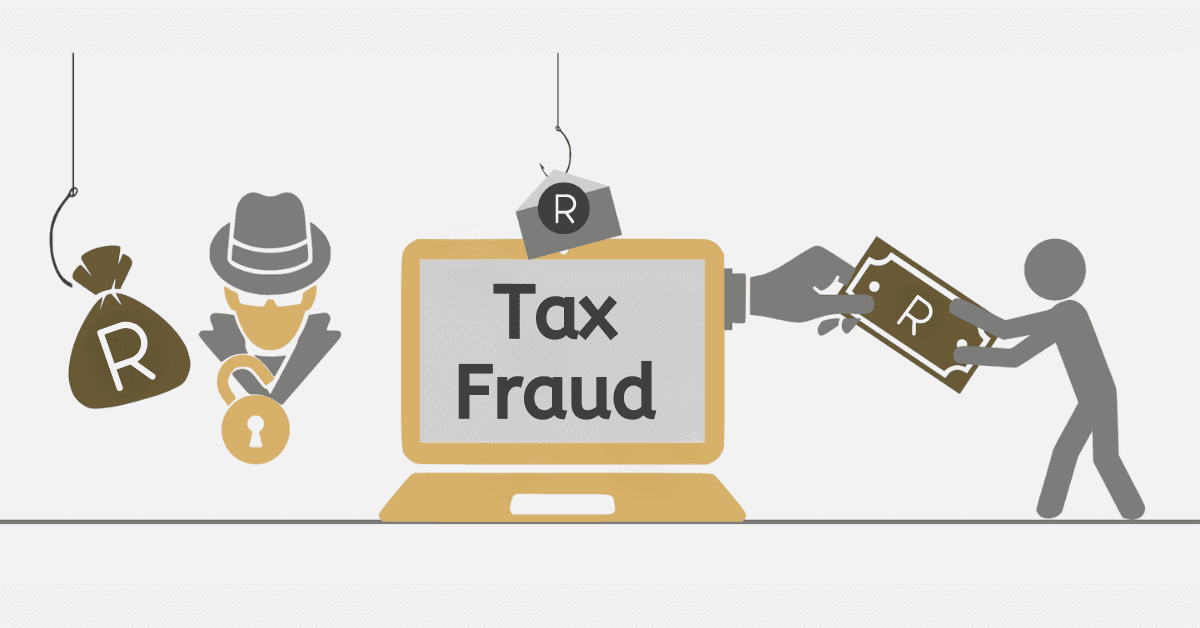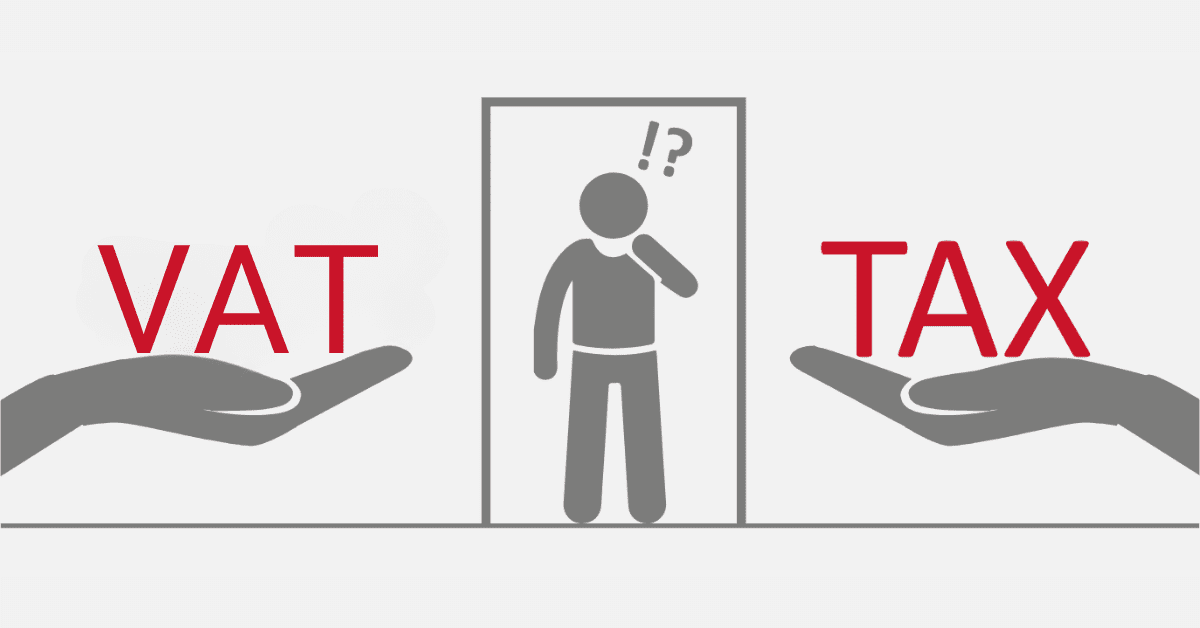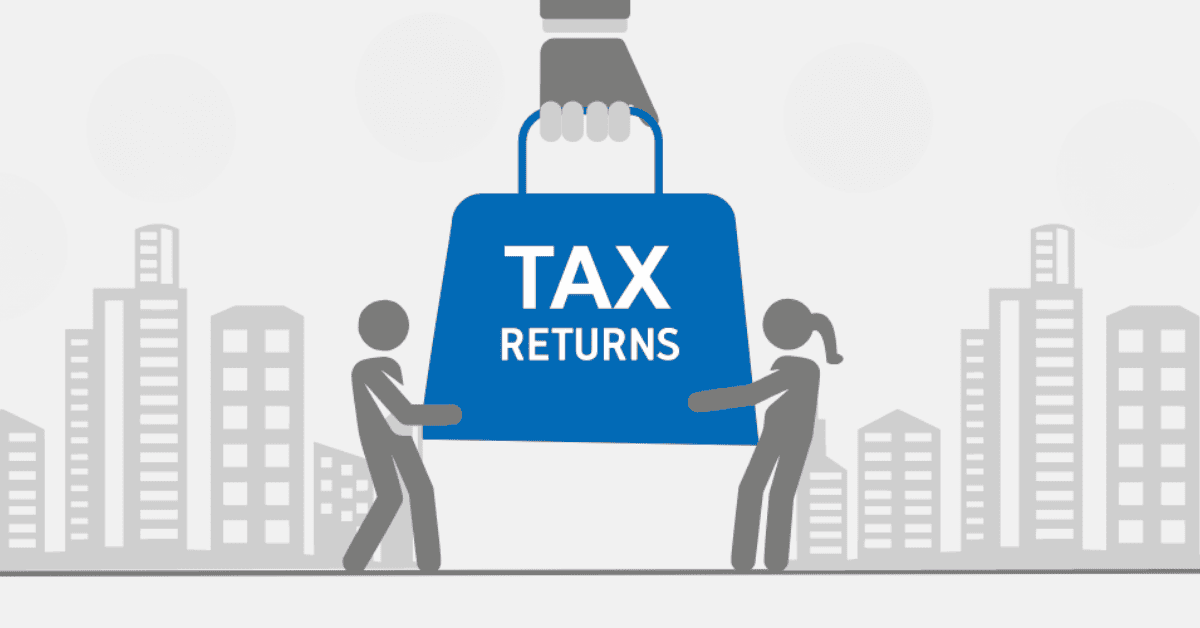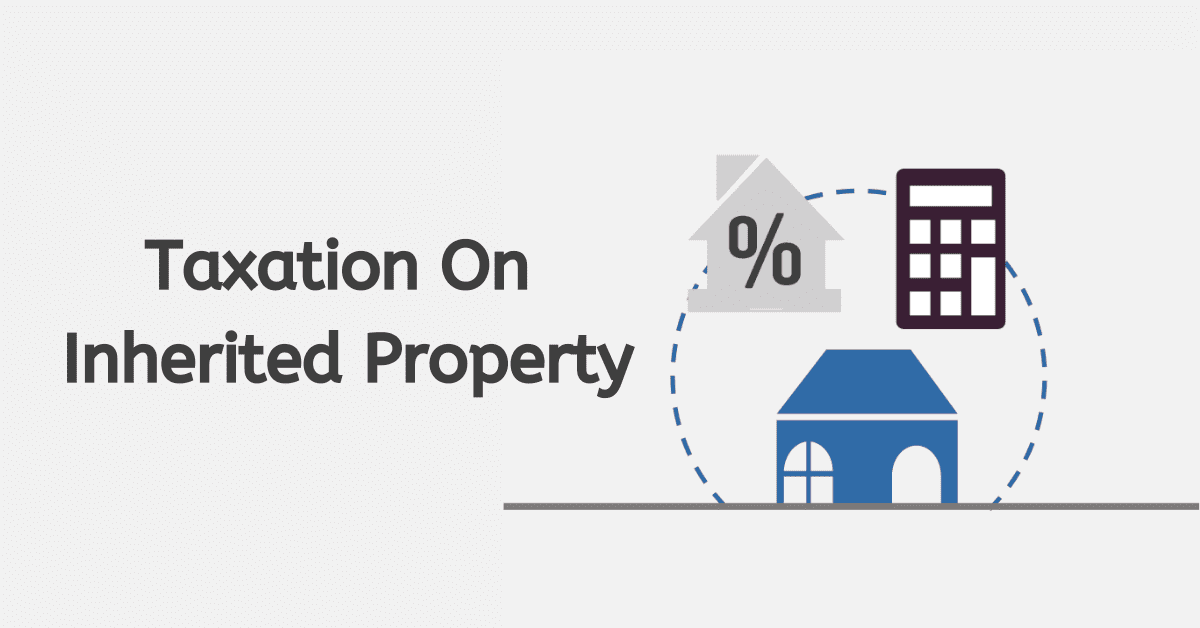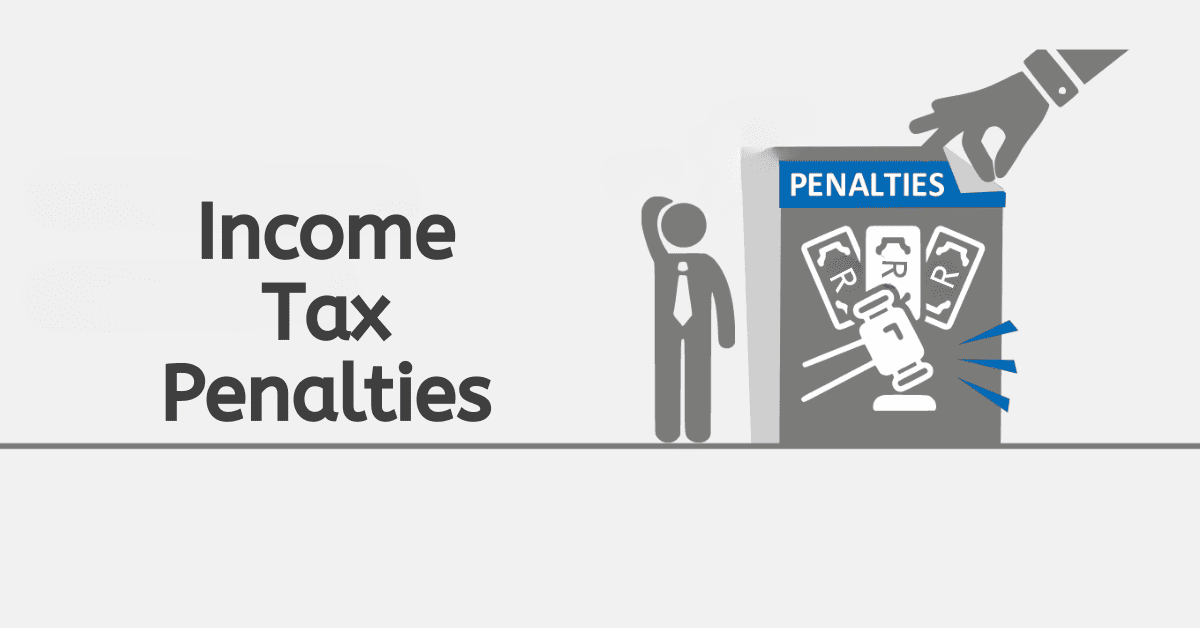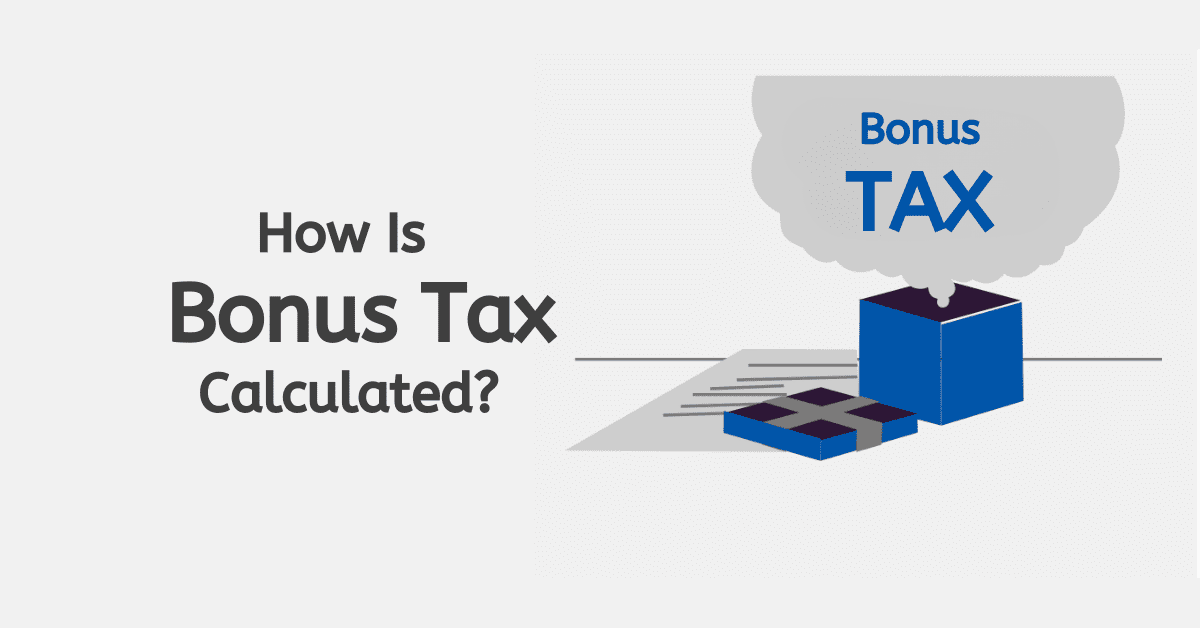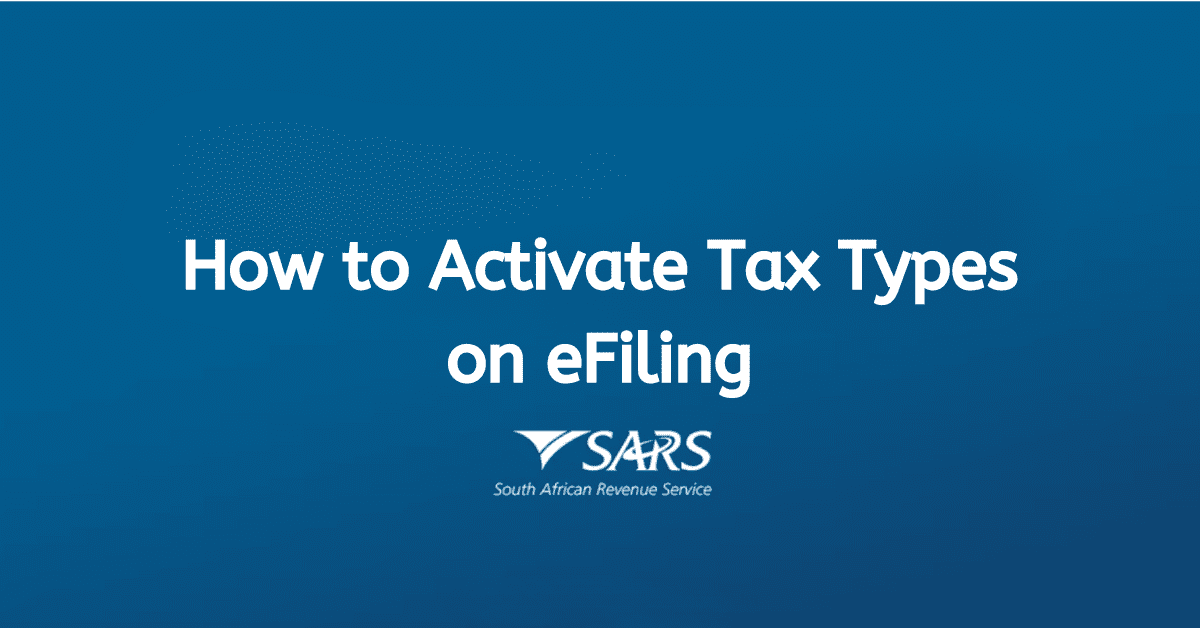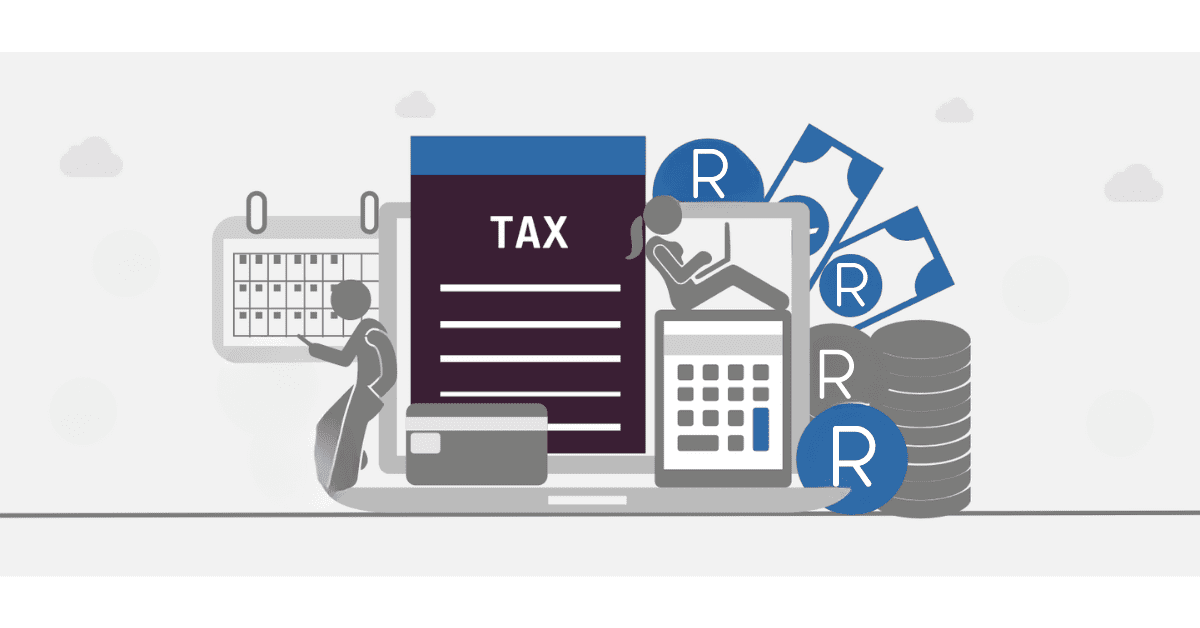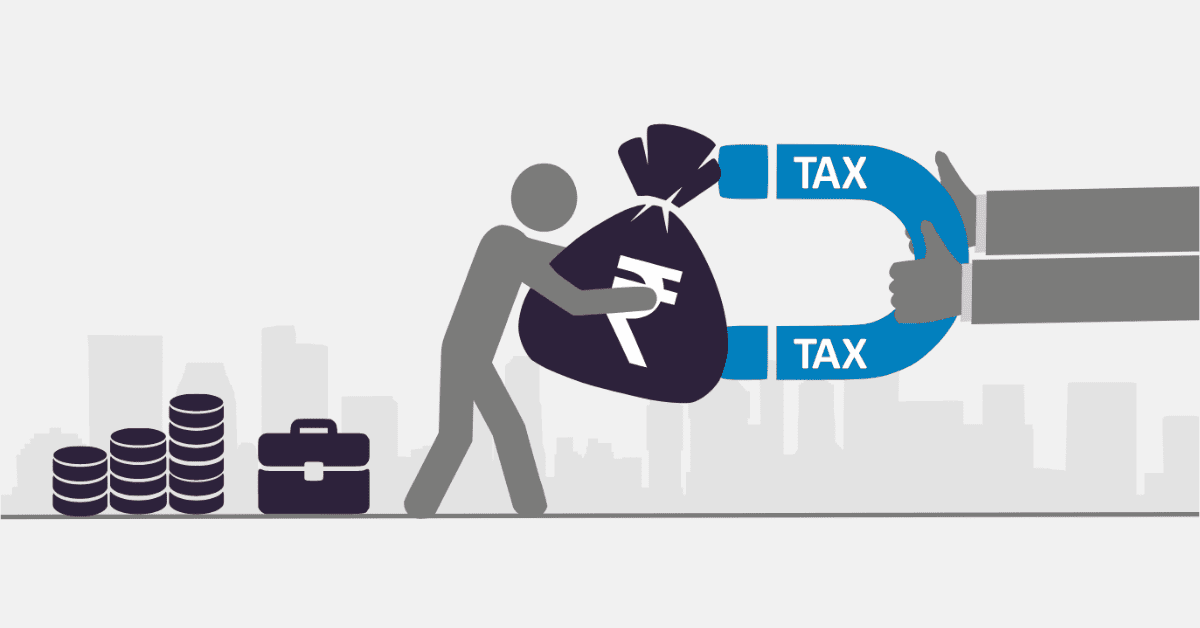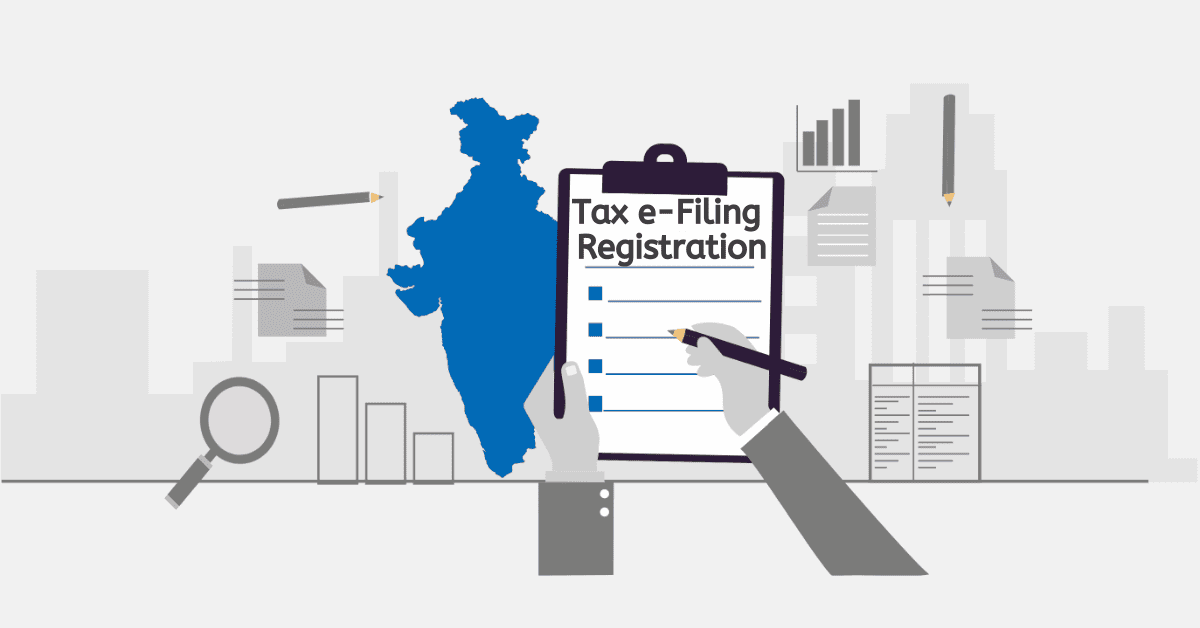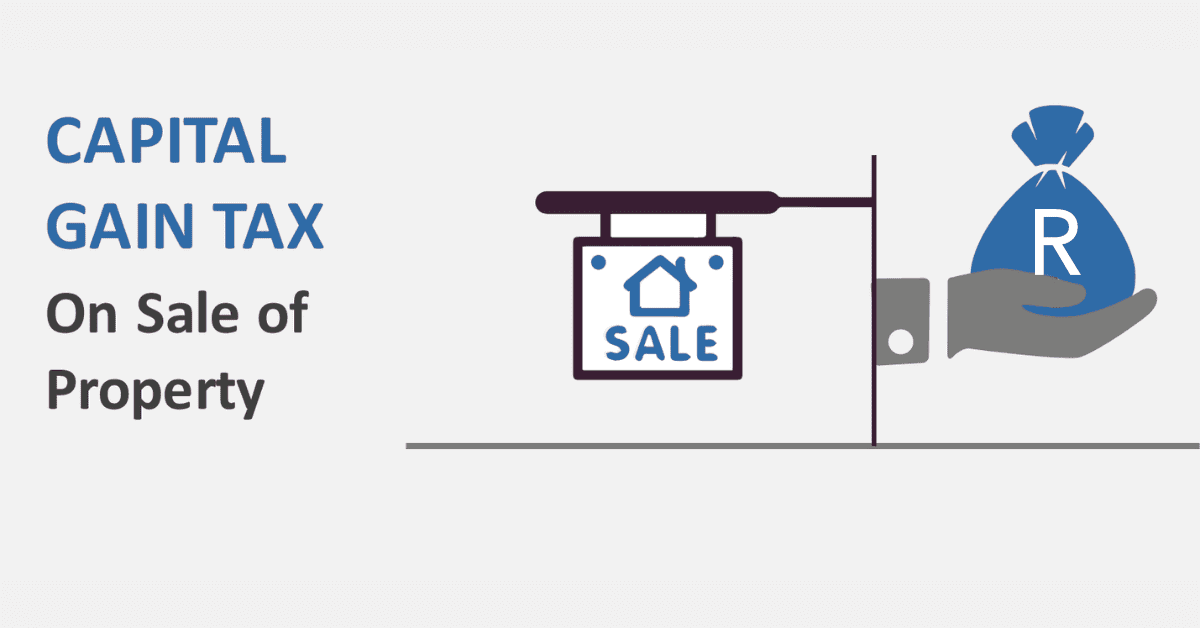Governments extend tax rebates as a financial respite to slash tax obligations and bolster economic engagement for individuals and businesses. These incentives usually align with particular fiscal, societal, or economic goals established by the government. In South Africa, the South African Revenue Service (SARS) administers an array of tax rebates, each contingent on distinct eligibility prerequisites and computations. This exhaustive handbook delves into tax rebates
What is Tax Rebate?
In South Africa, a tax rebate signifies a lowering of the overall tax obligation for individuals or businesses, contingent upon meeting specific criteria or engaging in activities warranting such a rebate. These measures aim to incentivize particular actions, bolster specific sectors, or offer financial assistance to marginalized segments of society.
In South Africa, tax rebates can take various forms, including fixed amounts, percentages of qualifying expenses or investments, or reductions in taxable income. Common types of rebates include the primary rebate for individuals, those related to investments or economic development, and property rates rebates offered by municipalities.
How is Rebate Calculated?
The calculation of tax rebates in South Africa varies depending on the specific type of rebate and its associated criteria. While some rebates, like the primary rebate, have fixed amounts based on factors such as age, others involve more complex calculations. Here are some key considerations for calculating tax rebates:
- Primary Rebate: The primary rebate is provided to all individuals to reduce their taxable income. The rebate amount depends on the taxpayer’s age, ranging from ZAR 3,145 to ZAR 17,235 per year.
- Investment Rebates: Rebates related to investments, such as the Section 12J Venture Capital Company (VCC) incentive, typically offer a percentage-based rebate on qualifying investments. The rebate calculation considers the total amount invested and the applicable rebate rate.
- Economic Development Rebates: Rebates designed to stimulate economic growth or development may have varying calculations based on the specific project’s scope and impact. These calculations may involve factors like job creation, investment amounts, or industry relevance.
- Property Rates Rebates: Property rate rebates offered by municipalities have diverse eligibility criteria, including income levels, property values, and ownership status. The rebate calculation can differ significantly among municipalities.
How Do I Claim My SARS Rebate?
Claiming a SARS rebate in South Africa typically involves the following steps:
- Eligibility Check: Determine if you qualify for a specific tax rebate based on your financial activities, investments, or other criteria.
- Record Keeping: Maintain accurate records of all relevant expenses, investments, or activities related to the rebate. Documentation is indispensable for substantiating the claim.
- Complete the Necessary Forms: Fill out the required SARS forms associated with the reb ate you claim.
- Submit Your Claim: Submit your rebate claim to SARS by the specified deadline. This can often be done electronically through the SARS e-filing platform or in person at a SARS branch.
- Validation and Confirmation: SARS will assess your application and might seek supplementary records or details to substantiate your qualification.
- Rebate Acquisition: Upon approval of your claim, you’ll acquire your rebate, which can manifest as a decrease in your tax responsibility or a direct disbursement, contingent on the rebate category and your particular situation.
It’s essential to adhere to SARS deadlines and provide all requested information promptly to facilitate the processing of your rebate claim. Additionally, consulting with tax professionals can help navigate the complexities of rebate eligibility and calculations.
What are the SA Tax Rebates for 2025?
Tax rebates in South Africa can change yearly as part of the budget announcement. The main rebate for individuals under 65 is ZAR 17,235 annually in 2025. If you’re between 65 and 74, your rebate is ZAR 9,444; if you’re 75 or older, it’s ZAR 3,145 per year.
Who Qualifies for Rates Rebate in South Africa?
In South Africa, a rates rebate, also known as a property rates rebate, is a financial assistance mechanism provided by municipalities and local authorities to reduce property owners’ property rates burden. Qualifications for rate reduction can fluctuate between local governments and are commonly dependent on earnings, real estate worth, and property possession status.
To assess your entitlement for a property rates rebate in South Africa, contemplate the subsequent aspects:
- Income Level: Some municipalities offer rate rebates to property owners with lower income levels. The income threshold may differ among municipalities.
- Property Value: Property rate rebates may apply to properties below a certain value threshold. This threshold varies depending on the specific municipality.
- Ownership Status: Eligibility criteria may consider factors like property ownership, primary residence status, and whether the property is business or residential.
- Special Circumstances: Some municipalities may offer rate rebates to property owners facing special circumstances, such as pensioners or disabled individuals.
You must check with your local municipality or authority to understand the specific eligibility criteria and application process for rate rebates in your area. Staying informed about any alterations or revisions to these standards is crucial for individuals who own property and are pursuing this type of fiscal relief.
In summary, tax rebates in South Africa serve as a valuable mechanism for curbing tax obligations and extending financial support to both individuals and enterprises. Grasping the assorted categories of rebates, their qualifying prerequisites, and the mathematics behind them is pivotal for making the most of tax advantages. Staying informed about changes in rebate rates and deadlines and maintaining accurate records can contribute to a successful rebate claim process. Additionally, consulting with tax professionals or utilizing official SARS resources can provide valuable guidance in navigating the complexities of tax rebates.
